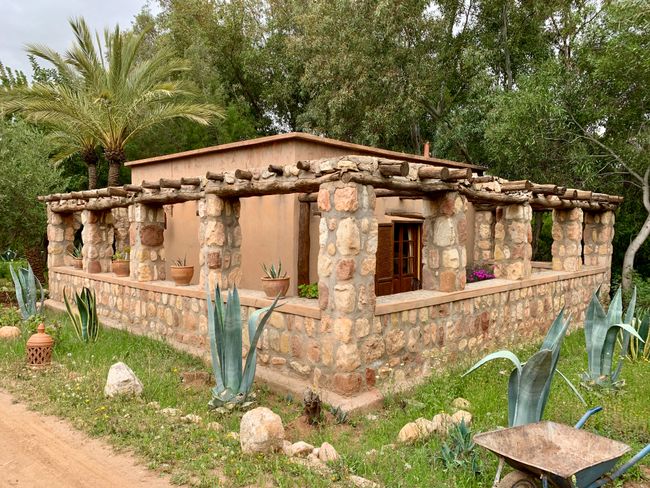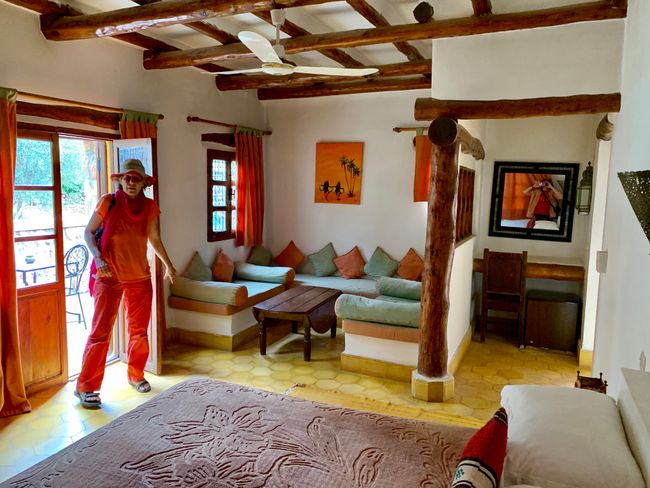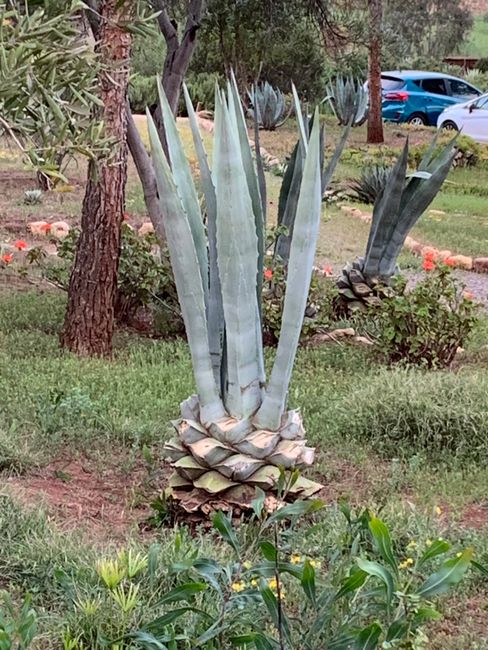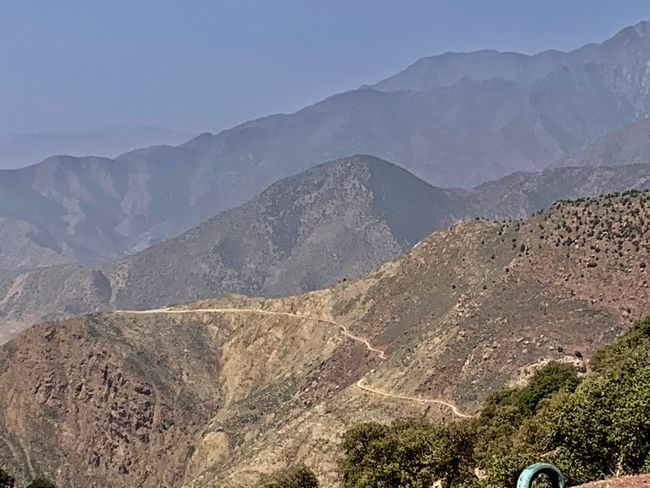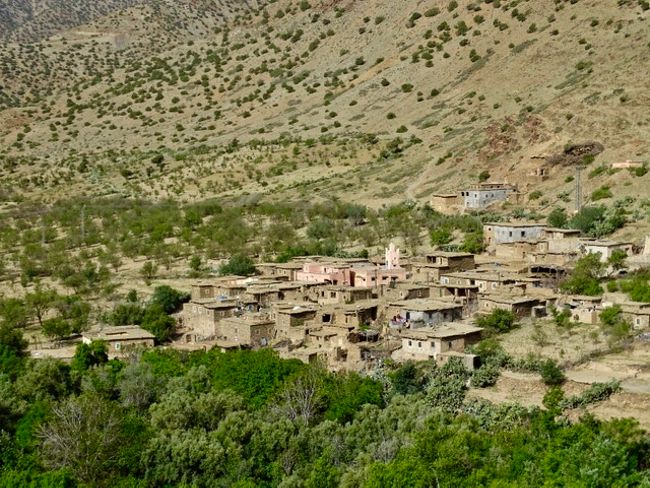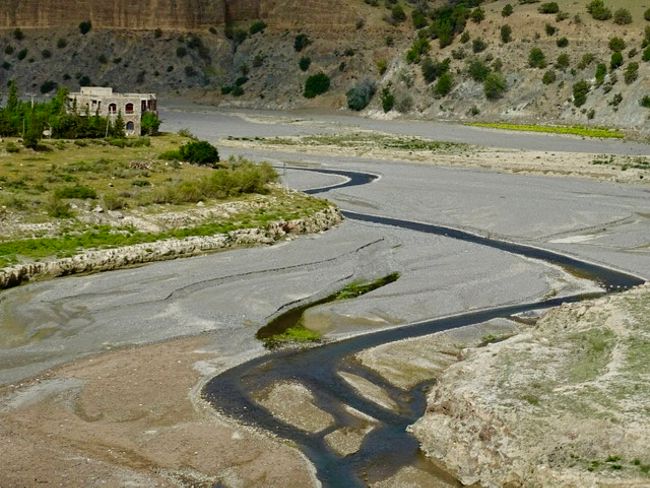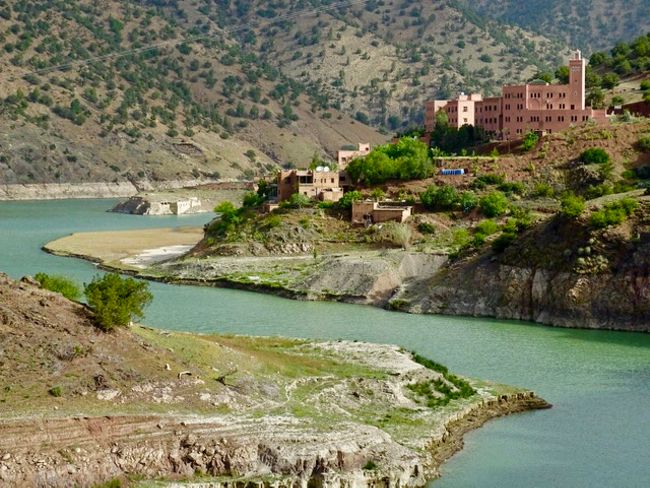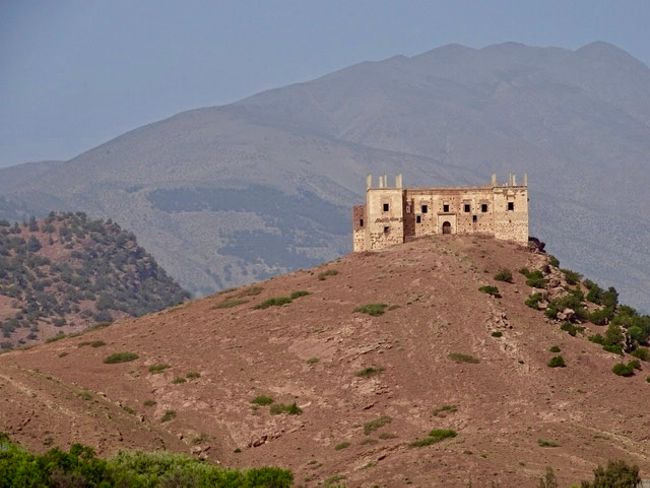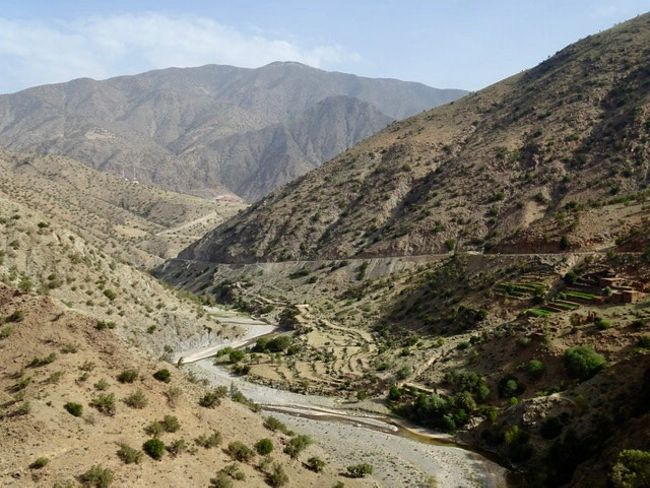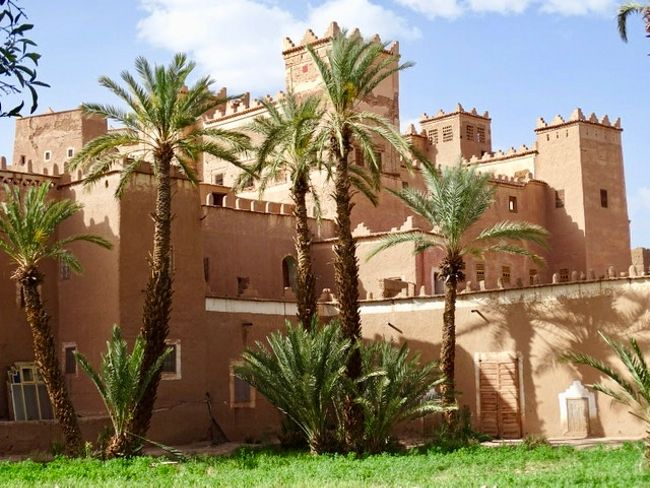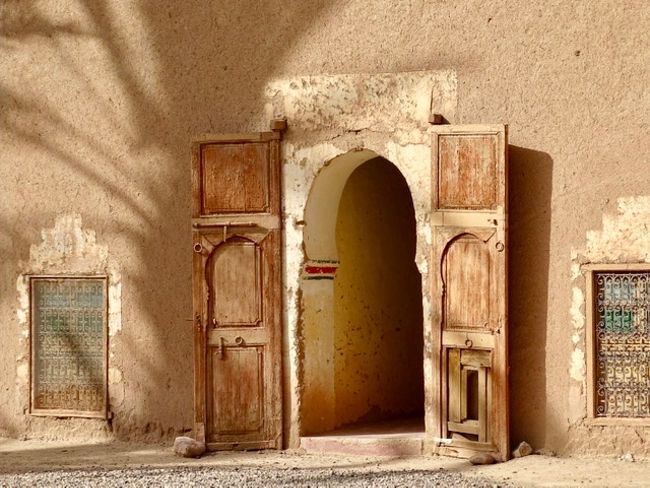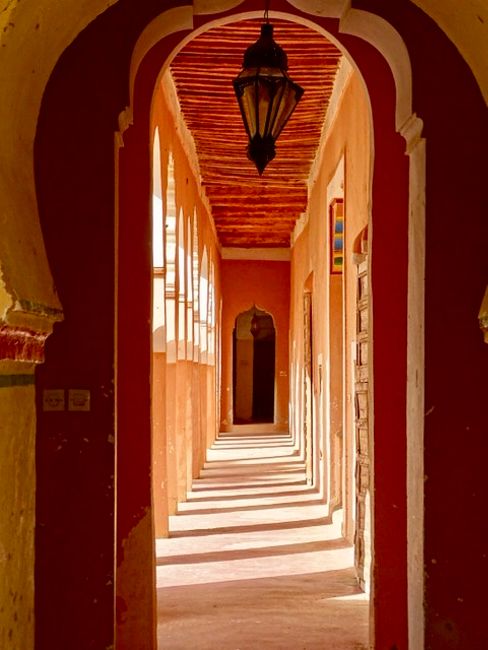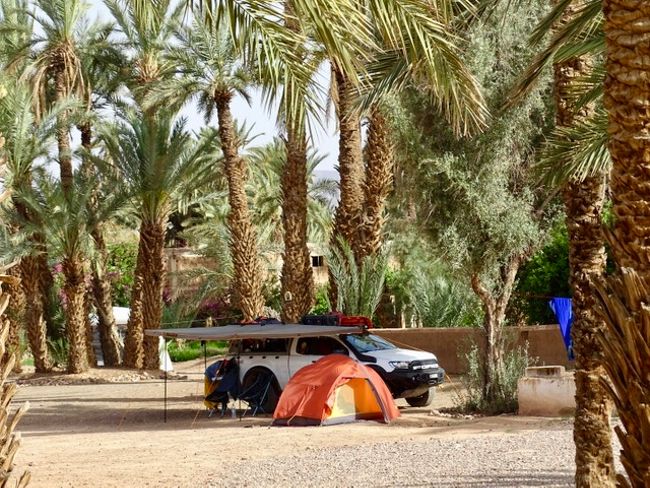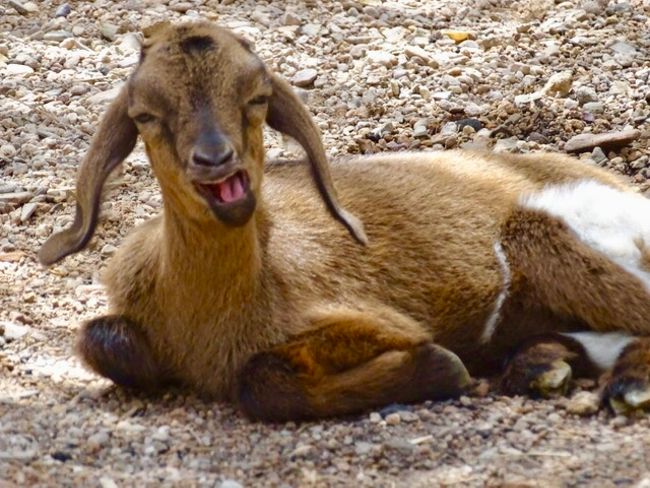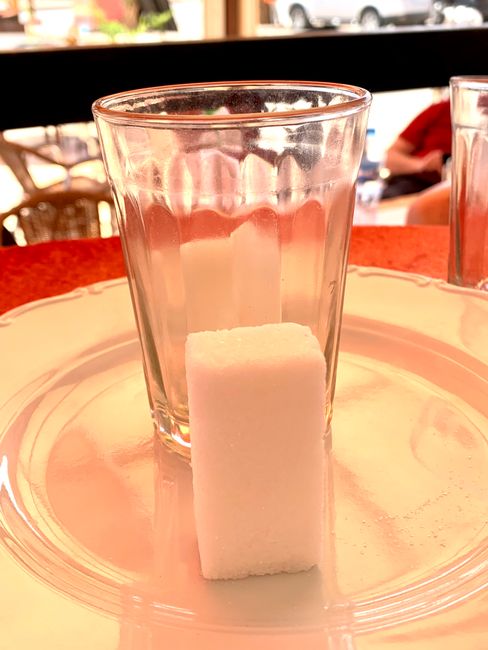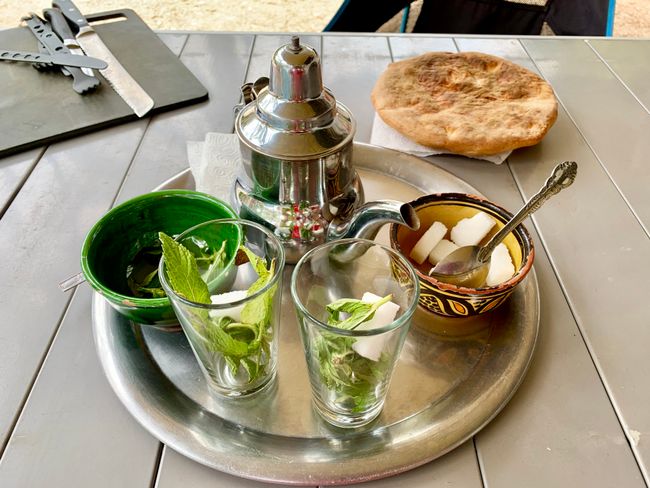Tizi-n-Test
已发表: 03.05.2019
订阅时事通讯
After Safiye left us in Marrakech, we continued south towards the Atlas Mountains. Shortly after Asni, in a beautiful mountainous area, we found the Auberge 'La Bergerie' near Lake Ourigane for overnight stays. A huge country estate with a well-kept garden and small stone houses. We were offered such a house including breakfast at a cheap price. There was no dinner available as the kitchen is currently being renovated and the Auberge is actually closed. Therefore, we were the only guests.
The next day, we drove through a fascinating and winding road to the Tizi-n-Test Pass, which is about 2100m high. The road was paved but only one lane wide. This means that in case of oncoming traffic, we had to drive close to the edge, which was quite exciting (in a positive sense) depending on the situation. At the top, we had good coffee with pastries from our mother's kitchen and it was still 26 degrees Celsius at 2100m. During the descent, along RN7 and then RN10, argan trees accompanied us on both sides of the road for about 40km, up into the hills.
At Sidi Ouaaziz, we turned onto RN10 and headed to the small lively town of Taliouine. We bought fruits, vegetables, water and diesel. At the slightly hidden Camping 'Zagmouzen', we were greeted by a friendly 'guardian' with almost no teeth. Here too, we were the only guests. The next morning, the old man heated the oven with dry twigs so that we could have a warm shower. As often happens, we experience a very warm service at these small campsites, which are usually very minimally equipped.
The next morning, we drove to Agdz where we could stay next to a beautiful kasbah among the palm trees. In the evening, a large coach unloaded young backpackers who celebrated their party around the campsite pool at night.
For the onward journey towards Zagora, we decided not to take the paved RN9 but enjoyed the track 1519. It is exciting to drive through the small villages early in the morning. One is much more confronted with the daily life of the people. The children, freshly dressed, running to school on the road, sometimes for kilometers, men opening their small shops, and women riding their donkeys to the fields to cut grass or grain.
订阅时事通讯
回答


